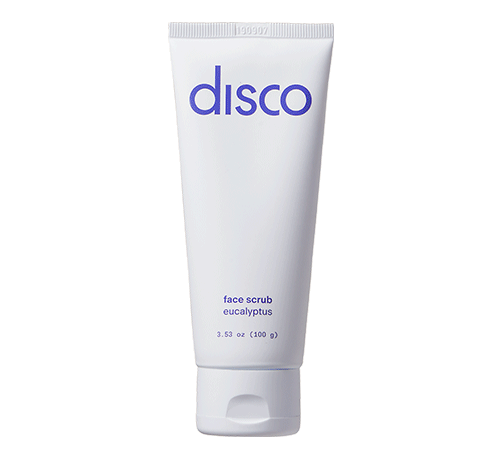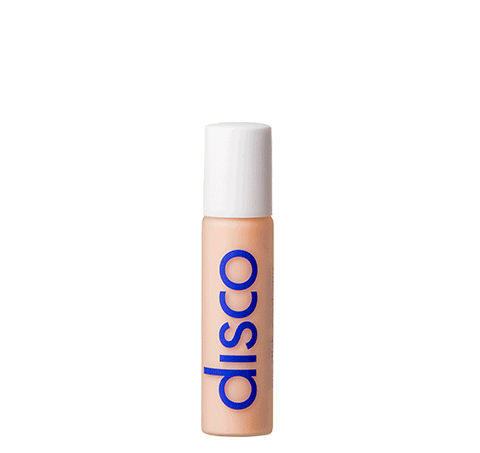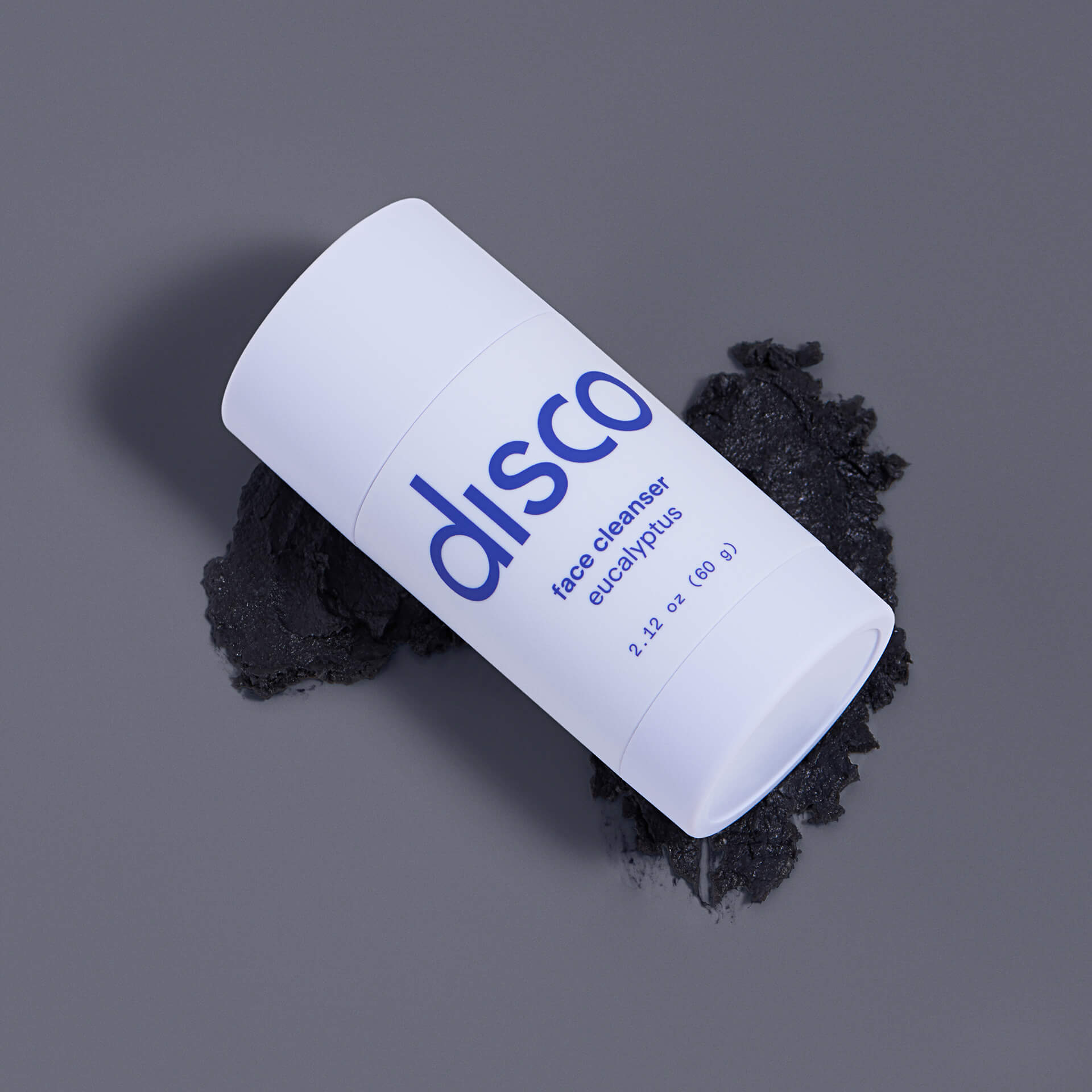Inflamed skin can feel irritating, unsightly, frustrating to handle, and even downright painful.
Inflammation is often associated with an allergic reaction to something, and looks like a rash with redness, itchiness, irritation, and raised skin. While inflammation can be a symptom of chronic diseases or a signal that something is triggering the autoimmune system, inflammation is a common symptom seen in the skin that is caused by exposure to outside toxins, unhealthy diet, poor gut health, or sun damage.
Let’s take a look at the potential causes of your inflammation.
Causes of Inflammation
There are a few categories of triggers that may be causing inflammation on the face or skin.
First, a common cause of inflammation and redness is heat and sun damage. Prolonged sun exposure to the skin can be extremely damaging. Without using sun protection and sun block, you are more prone to sun burns, sun rashes, and long-term skin damage. Always wear SPF when exposed to the sun to ensure you are keeping your skin protected against damaging UV light.
Another potential trigger of inflamed skin is poor gut health. The gut microbiome’s homeostasis and state of health greatly affect our skin health. This connection is commonly known as the gut-skin axis. If a certain food, lifestyle habit, or substance is triggering the gut, the skin will show signs of inflammation, or conditions like eczema and rosacea. Ensure you are taking care of your gut through daily supplements, a healthy diet, and lifestyle, and drinking plenty of water throughout the day.
Inflammation can also be caused by unhealthy eating habits. Certain foods and drinks can trigger an inflammatory response. These can include:
- Alcohol
- Caffeine
- Dairy products
- Sugar
- Fried foods
Typically, inflammation is caused by exposure to outside toxins that your body has a natural autoimmune response to. This is most likely the case with most types of inflammation and inflamed skin on the face.
Outside toxins can include; but are not limited to:
- Cheap, drugstore skincare products
- Chemicals in skincare products
- Allergens like pollen
- Air pollutants
Inflammation and redness can occur on the face or body due to a combination of these causes. Now that you know what could potentially trigger your inflammation and inflamed skin, let’s dive into ways to calm and relieve inflamed skin.
How to Calm Inflamed Skin on the Face
First and foremost, ensure you’re practicing healthy lifestyle habits to relieve inflamed skin. This includes cutting out certain foods from your diet that can be triggering inflammation and an autoimmune response.
- Eat a balanced diet
- Take a probiotic or prebiotic to manage gut health
- Wash your face regularly with cold water
- Use all-natural skincare products to relieve inflammation
Use All-Natural Skincare Products to Relieve Inflammation
White inflamed skin on the face can feel like an uphill battle, there are actionable steps you can take to calm and relieve skin inflammation by taking care of your skin.
The first step to take is to take an audit of the current products you are using on your skin. Many drugstore products contain a laundry list of chemicals that are doing more harm to your skin than good! Skincare products that are used on the face need to be especially gentle and nourishing: the skin on the face is the most delicate of our entire body.
Ensure that the products you use are all-natural, organic, and use ingredients (that you can actually read!) that are safe for sensitive skin. Soothing ingredients to look out for:
- Coconut Oil
- Aloe
- Vitamin C
- Apricot Oil
- Chamomile
- Vitamin E
- Macadamia Oil
Second, use a face moisturizer that will soothe and calm inflamed skin. The Hydrating Face Moisturizer nourishes the skin and provides moisture to rebuild the moisture barrier. It’s vital to maintain the moisture barrier on the face because when you neglect it, the skin dries out, making it much more susceptible to irritation and inflammation. A hydrating face moisturizer will ensure you set everything back on track.
In addition, use a sun block or sun screen daily to protect the skin from harmful UV rays. Mineral sun block is the safest and most effective form of sun protection, so look out for sun blocks that use powerful, yet gentle ingredients like Zinc Oxide, Aloe, and Niacinamide.



































